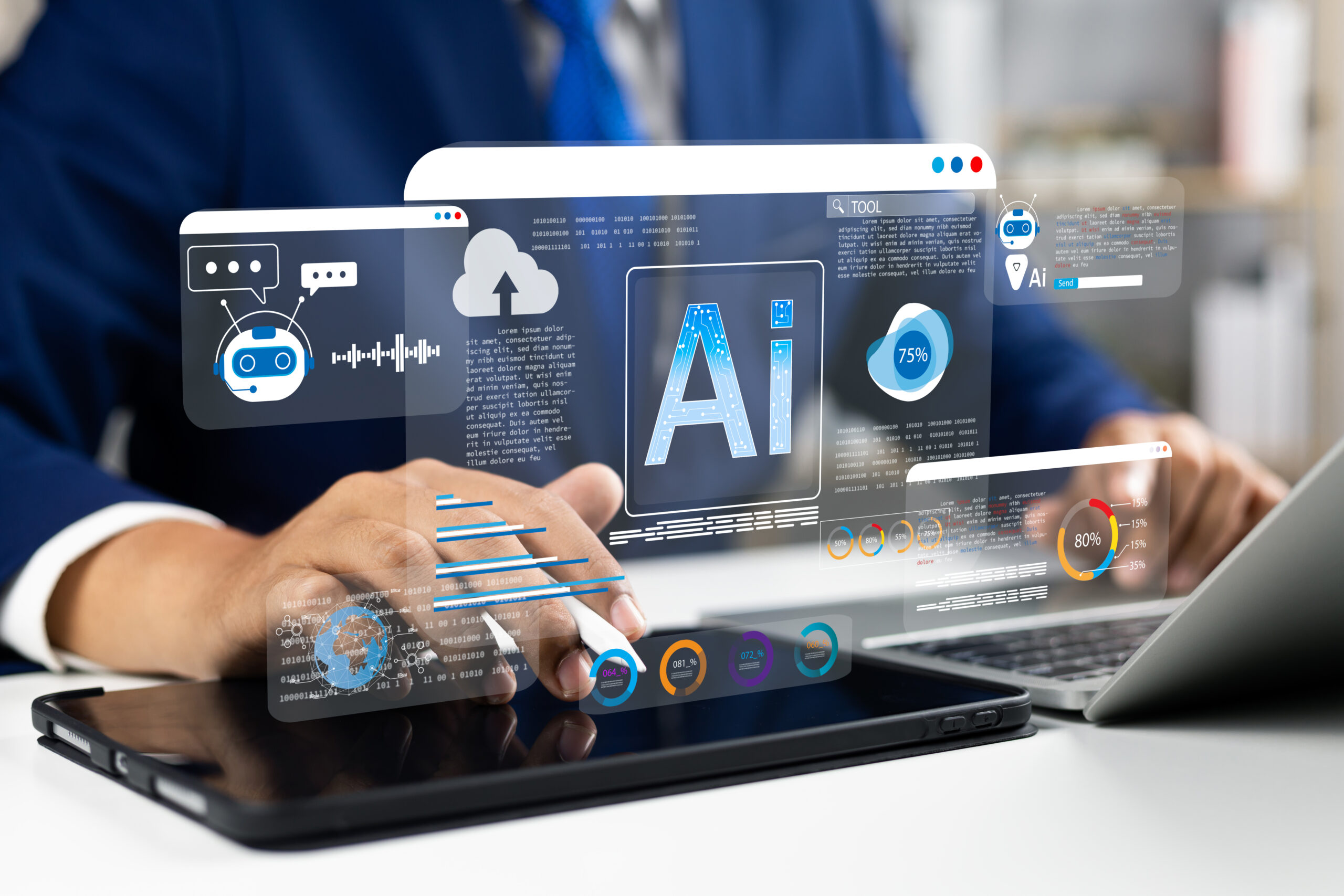At the recent Epicor Insights 2025 conference in Las Vegas, Epicor made a clear statement about its ambitions in the manufacturing and supply chain sectors. The company unveiled two major AI-driven capabilities—Epicor Prism and Grow AI—alongside a sustainability-focused tool called Carbon Cost Rollup, signaling a broader push to integrate cutting-edge technology into core business processes.
Smarter AI for the Shop Floor and Beyond
Epicor Prism introduces conversational AI to traditionally manual environments like the shop floor, warehouse, and sales desk. Built as a suite of industry-specific digital agents, it allows employees to interact with their ERP systems using natural language commands. Instead of manually navigating complex interfaces, users can ask for a list of overdue quotes, insights on part availability, or recommended suppliers and receive immediate, actionable responses.
Andy Young, VP Systems and Processes at Olympus Group, noted the potential impact of this technology on his operations. “One of the most important metrics for us is on-time delivery,” he said. “I really think Epicor Prism can increase our responsiveness to customers and get a typical eight-week delivery time down to four weeks. There’s probably opportunity for a 20% gain in the operation.” This highlights a key use case: reducing lead times and improving customer satisfaction through more intelligent, responsive systems.
Meanwhile, Epicor Grow AI aims to enhance data quality and scalability by integrating ERP, third-party, and legacy data into predictive models. This data backbone powers tools like Item Advisor, which automatically suggests complementary products during the order process—potentially increasing basket sizes and reducing abandoned carts. The platform’s focus on data quality is critical, as poor data remains a top barrier to effective AI adoption across industries.
Decarbonization as a Core Business Metric
With global pressure mounting on companies to reduce carbon emissions, Epicor also introduced the Carbon Cost Rollup—a patent-pending tool designed to measure and manage the carbon footprint of products from raw material to final assembly. This feature is integrated into the Epicor Kinetic ERP system and borrows from traditional cost accounting methods to assign a “carbon cost” at every stage of production.
As Kerrie Jordan, Group VP at Epicor, put it, the tool is meant to elevate emissions data to the same level of business scrutiny as financial costs. This approach could provide a more transparent way for manufacturers to meet ESG targets and comply with increasingly stringent environmental regulations. The Carbon Cost Rollup also benefits from Epicor’s 2024 integration with Climatiq’s carbon footprint APIs, further enhancing its ability to capture real-time sustainability metrics.
What This Means for ERP Insiders
AI is Becoming a Critical Operational Layer. Predictive AI is no longer a futuristic add-on—it’s becoming an essential part of day-to-day operations. Epicor’s Prism and Grow AI demonstrate how conversational and predictive tools can reduce manual workloads and accelerate response times without requiring data scientists on staff. Companies should assess their current ERP environments to identify high-friction areas where these types of tools could drive immediate efficiency gains.
Sustainability is Now a Core KPI. For manufacturers, tracking carbon costs at the bill of materials level is a game-changer. This approach moves sustainability from marketing material to the core of operational decision-making. For CIOs and CTOs, the question is no longer whether to measure carbon, but how accurately and at what granularity. Companies that can calculate their carbon impact in real-time are likely to have a strategic advantage as ESG reporting requirements tighten globally.
Usability Will Define the Next Wave of ERP Winners. Embedding advanced capabilities like generative AI and carbon accounting directly into ERP workflows addresses a critical barrier to user adoption. If your ERP strategy relies on disconnected, bolt-on solutions, it may be time to reconsider. The most impactful technologies are those that enhance user productivity without disrupting established workflows, ensuring faster ROI and higher overall adoption rates.






